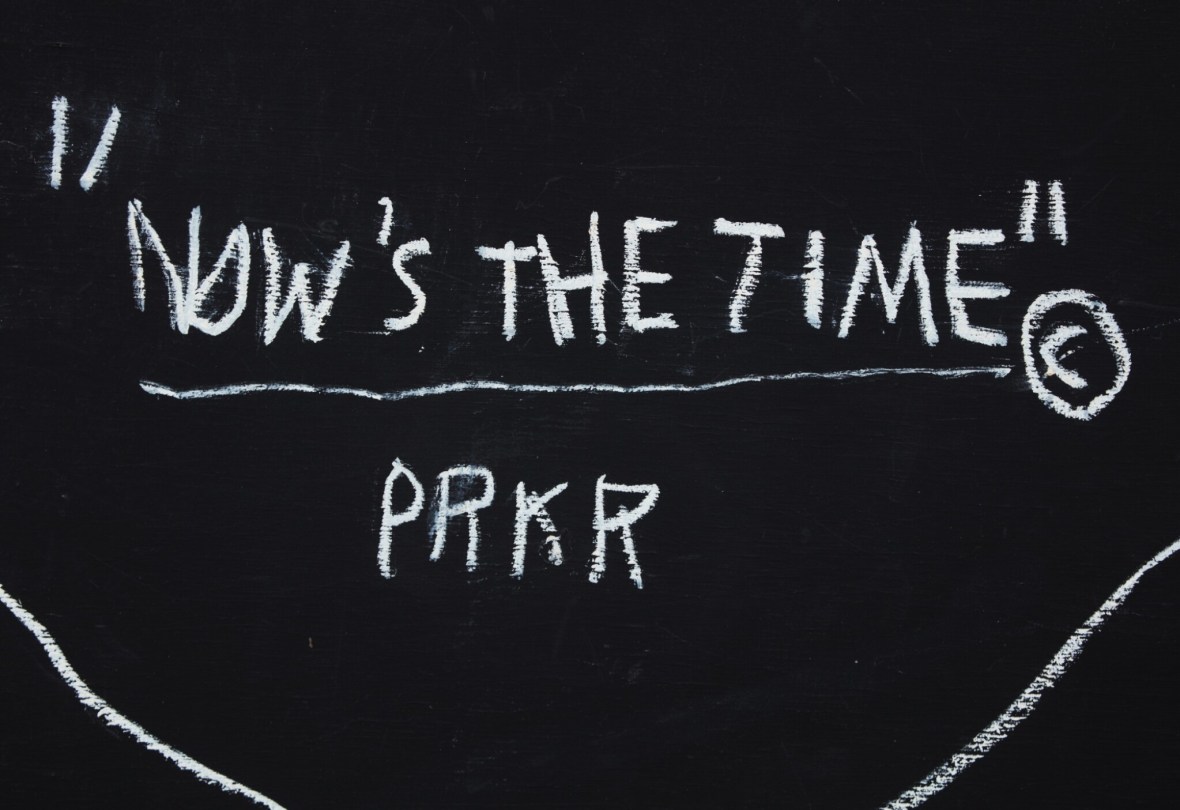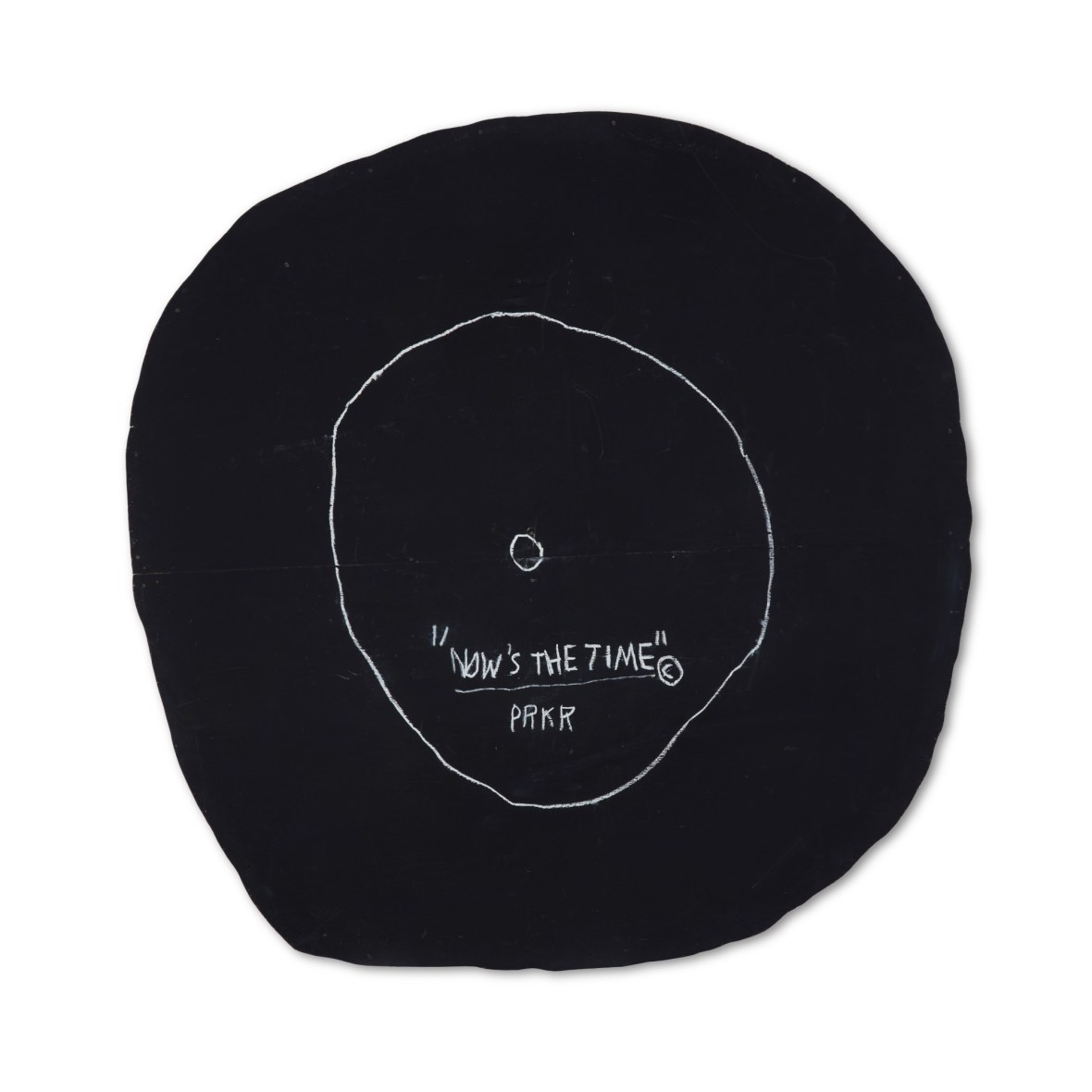Jean-Michel Basquiat’s ‘Now’s The Time’ Sold For Nearly $29 Million At Auction
Basquiat’s seven-foot-wide ode to Charlie Parker’s jazz classic “Now’s the Time” is set to make major bank.

For the first time in more than four decades, a Jean-Michel Basquiat work celebrating jazz legend Charlie Parker was offered at a public auction.
Taking its name from the saxophonist’s seminal bebop tune, Now’s the Time will headline Sotheby’s Contemporary Evening Auction, where it fetched $28.6 million. Billionaire art collector Peter Brant had owned the work since 1996 prior to its sale.
As Sotheby’s points out, music is intertwined in Basquiat’s artistry. He frequently deejayed at underground NYC venues, and beginning in 1983, jazz became a key subject in his work. But Parker, also known simply as “Bird,” was especially important to Basquiat, who created over 30 paintings in honor of the great improviser.
As ARTnews notes, Now’s the Time, executed in 1985, is uncharacteristically stark compared to other great Basquiat works, including the late artist’s many brightly-colored skull paintings.

Measuring seven feet wide, the matte-black plywood mass recreates a vinyl pressing of Parker’s original 1945 Now’s the Time recording—trumpet legends Miles Davis and Dizzy Gillespie, as well as bassist Curley Russell, pianist Sadik Hakim and drummer Max Roach played on the same session as Charlie Parker’s Reboppers.
Basquiat’s signature copyright symbol sits beside the song title, while “PRKR” appears below—the four-letter abbreviation of the saxophonist’s name is a reference to the “SAMO” graffiti tag Basquiat first used as a downtown Manhattan street artist.

“In [Now’s the Time], we witness Basquiat radically simplify the explosive bravura of his street-art style to create a painting that ranks amongst the most important and visually striking masterworks in his oeuvre,” Grégoire Billault, Sotheby’s chairman of contemporary art, said in a statement.
“As a final touch, he emblazons his signature copyright sign on the surface: both giving credit to Parker, and marking the painting, the declaration, and the moment as his own.”
